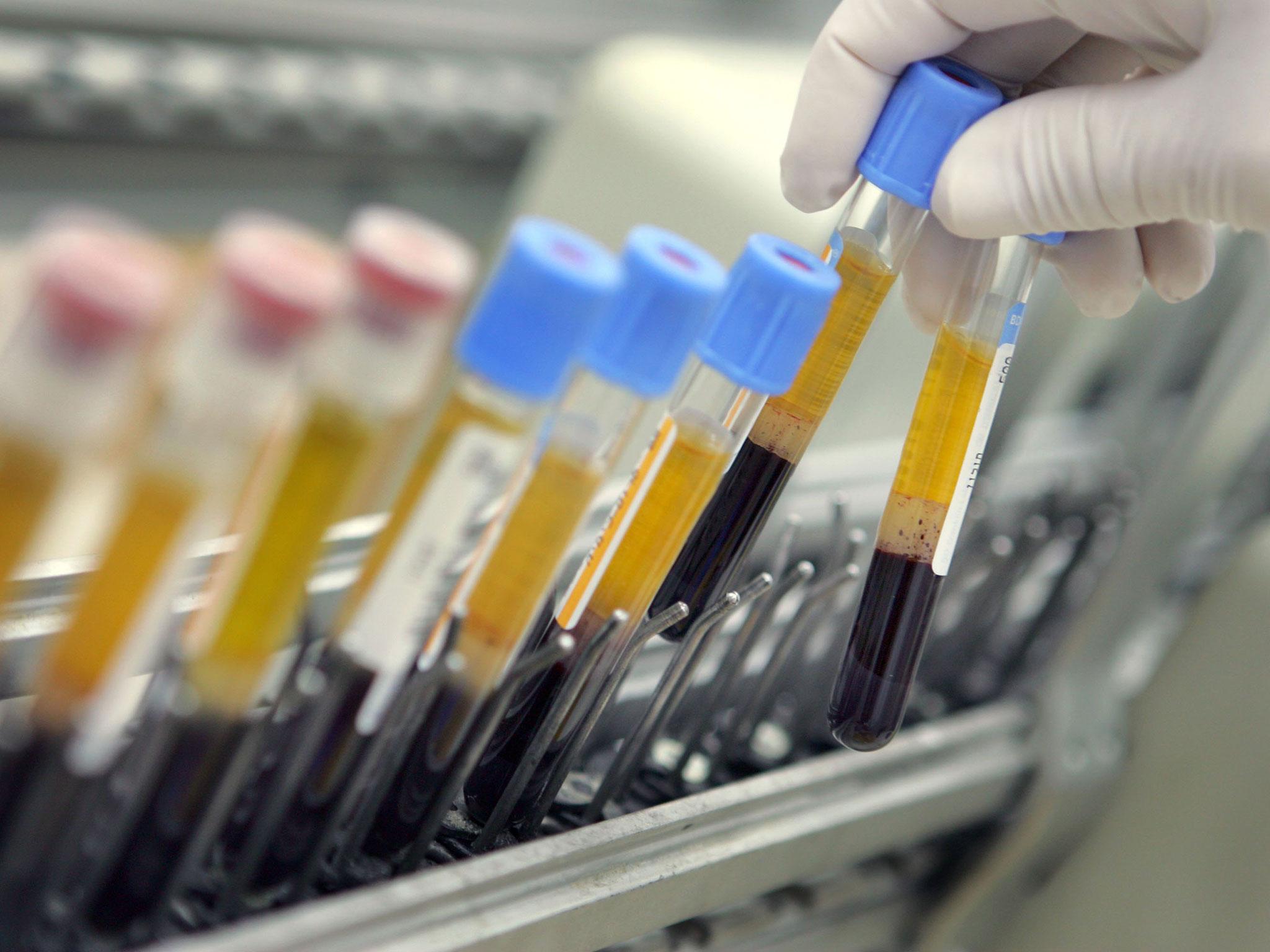Blood test to detect concussion could prevent use of radiation-exposing scans
The test will minimise the need for computerised tomography (CT) scans, which emit radition

A blood test which can identify whether a person has suffered a concussion could prevent children from being exposed to medical scans which emit radiation, according to a new study.
The simple procedure pinpoints a biomarker which the brain releases following an injury.
Scientists at Orlando Health in the US state of Florida found that the glial fibrillary acidic protein biomarker can remain in the patient’s bloodstream for up to a week after the brain is impacted.
By detecting the biomarker in the blood, scientists were also able to decide whether a patient needed life-saving brain surgery.
"This could ultimately change the way we diagnose concussions, not only in children, but in anyone who sustains a head injury,” said Dr Linda Papa, an emergency medicine physician and lead author of the study.
Researchers produced the study published in the ‘Jama Neurology’ by analysing nearly 600 patients over three years.
They found that the blood test could detect mild to moderate traumatic brain lesions in adults with up to 97 per cent accuracy.
Symptoms of concussion and other mild to moderate brain injuries include memory loss, blurred vision, and confusion, according to the NHS. But these sometimes take days to materialise, and can be subtle.
Dr Papa said her team’s findings could provide doctors with an important tool for simply and accurately diagnosing patients with brain injuries.
"If patients are not diagnosed properly and treated appropriately, it could lead to long-term problems. This test could take the guesswork out of making a diagnosis by allowing doctors to simply look for a specific biomarker in the blood,” she said.
While doctors seek to minimise the use of computerised tomography (CT) scans in all patients, children are particularly sensitive to the radiation and the potential side effects.
“Fortunately, this simple blood test appears to give us nearly the same information as a CT scan,” said Dr Papa.
"We have so many diagnostic blood tests for different parts of the body, like the heart, liver and kidneys, but there's never been a reliable blood test to identify trauma in the brain. We think this test could change that,” she said.
Additional reporting by PA
Join our commenting forum
Join thought-provoking conversations, follow other Independent readers and see their replies
Comments